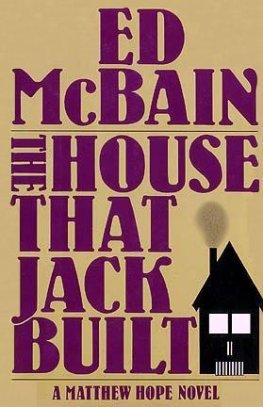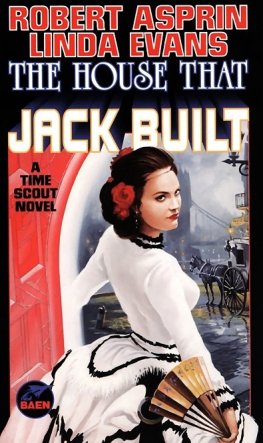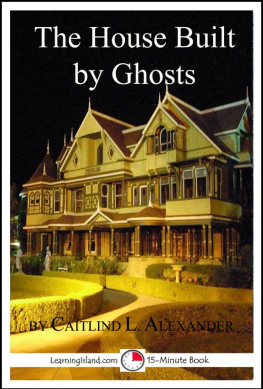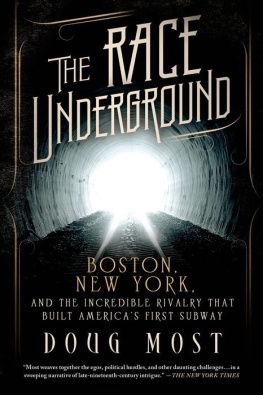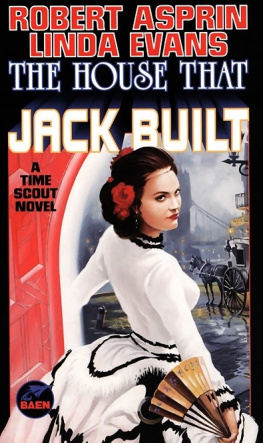Wahneema Lubiano - The House That Race Built
Here you can read online Wahneema Lubiano - The House That Race Built full text of the book (entire story) in english for free. Download pdf and epub, get meaning, cover and reviews about this ebook. year: 2010, publisher: Knopf Doubleday Publishing Group, genre: Politics. Description of the work, (preface) as well as reviews are available. Best literature library LitArk.com created for fans of good reading and offers a wide selection of genres:
Romance novel
Science fiction
Adventure
Detective
Science
History
Home and family
Prose
Art
Politics
Computer
Non-fiction
Religion
Business
Children
Humor
Choose a favorite category and find really read worthwhile books. Enjoy immersion in the world of imagination, feel the emotions of the characters or learn something new for yourself, make an fascinating discovery.

- Book:The House That Race Built
- Author:
- Publisher:Knopf Doubleday Publishing Group
- Genre:
- Year:2010
- Rating:4 / 5
- Favourites:Add to favourites
- Your mark:
- 80
- 1
- 2
- 3
- 4
- 5
The House That Race Built: summary, description and annotation
We offer to read an annotation, description, summary or preface (depends on what the author of the book "The House That Race Built" wrote himself). If you haven't found the necessary information about the book — write in the comments, we will try to find it.
The House That Race Built — read online for free the complete book (whole text) full work
Below is the text of the book, divided by pages. System saving the place of the last page read, allows you to conveniently read the book "The House That Race Built" online for free, without having to search again every time where you left off. Put a bookmark, and you can go to the page where you finished reading at any time.
Font size:
Interval:
Bookmark:
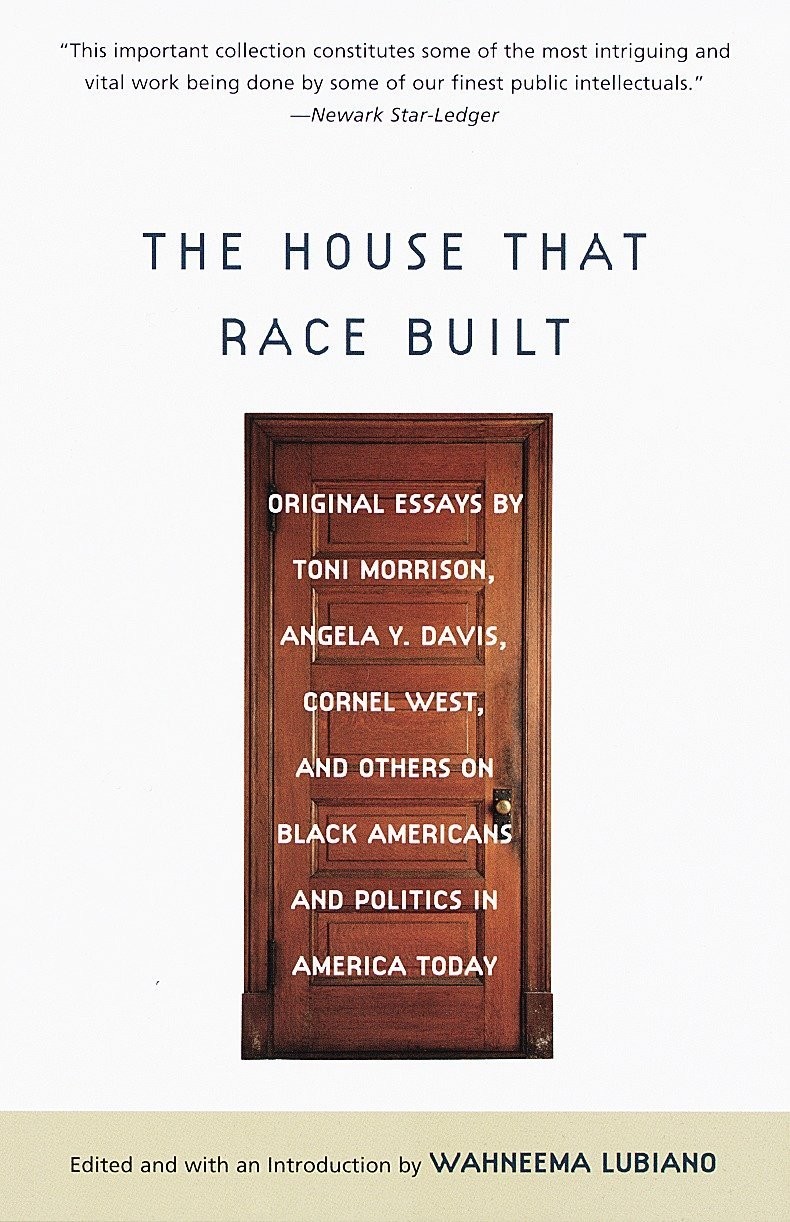
Wahneema Lubiano
THE
HOUSE
THAT
RACE BUILT
Wahneema Lubiano is an associate professor in the Program in Literature and the Program in African and African American Studies at Duke University. She lives in Durham, North Carolina.
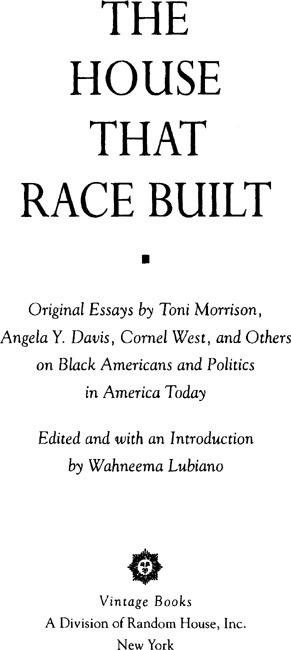

Introduction
Wahneema Lubiano
Home
Toni Morrison
The Liberal Retreat from Race During the Post-Civil Rights Era
Stephen Steinberg
White Workers, New Democrats, and Affirmative Action
David Roediger
Tales of Two Judges: Joyce Karlin in People v. Soon Ja Du;
Lance Ito in People v. O. J. Simpson
Neil Gotanda
Racial Dualism at Centurys End
Howard Winant
Aint Nothin Like the Real Thing: Black Masculinity,
Gay Sexuality, and the Jargon of Authenticity
Kendall Thomas
Living at the Crossroads: Explorations in Race, Nationality,
Sexuality, and Gender
Rhonda M. Williams
Rethinking Vernacular Culture: Black Religion and Race Records in
the 1920s and 1930s
Evelyn Brooks Higginbotham
What Is Black Culture?
David Lionel Smith
Playing for Keeps: Pleasure and Profit on the Postindustrial Playground
Robin D. G. Kelley
Black Nationalism and Black Common Sense: Policing Ourselves and Others
Wahneema Lubiano
The Ethnic Scarring of American Whiteness
Patricia J. Williams
Race and Criminalization: Black Americans and the Punishment Industry
Angela Y. Davis
Color Blindness, History, and the Law
Kimberl Williams Crenshaw
Subjects in History: Making Diasporic Identities
Stuart Hall
Afterword
Cornel West

T HE IDEA OF RACE and the operation of racism are the best friends that the economic and political elite have in the United States. They are the means by which a state and a political economy largely inimical to most of the U.S. citizenry achieve the consent of the governed. They act as a distorting prism that allows that citizenry to imagine itself functioning as a moral and just people while ignoring the widespread devastation directed at black Americans particularly, but at a much larger number of people generally. Poverty has a black facenot in reality, but in the public imagination. Crime has a black faceagain, not in reality, but in the public imagination. And I use the word public without a race adjective because the operation of racism is so thoroughgoing that even those individuals who are its objects are not exempt from thinking about the world through its prism.
The United States is not just the domicile of a historically specific form of racial oppression, but it sustains itself as a structure through that oppression. If raceand its strategic social and ideological deployment as racismdidnt exist, the United States severe inequalities and betrayal of its formal commitments to social equality and social justice would be readily apparent to anyone existing on this ground.
The essays gathered here were produced by a group of scholars who answered a call sent by myself and several of my colleagues at Princeton University, including Toni Morrison, Cornel West, and Arnold Rampersad, to address the issue of race and black Americans on the ground of the United States. It was necessary, many of us thought, to mark again, in the present moment, a recognition that the basic character of the United States not only harbored, but depended upon, a profound violation of the spirit of democracy, and that that fundamental violation is racism.
Central to the existence of racism is the politics of its denial. It is in the best interests of the right to assert the nonexistence of racism except as a manifestation of individual pathologya matter simply of individuals with bad attitudes. But it is the shame of liberals who think of themselves as guardians and witnesses of corrective concern and conscience that they too have elected to treat racism as a problem of individual social relations and not the systematic operation of power at work throughout our political economy. These essays call into question and to account a liberal majority that trivializes racism by turning its attention to individual remedies, to attitude adjustment, to color-blind legal adjudication.
This book also presents work that addresses within-the-group dynamics of black Americans. It addresses the way these dynamics operate through and help define gender, sexuality, and cultural production. Aesthetics, everyday common sense, and the urban landscape are grappled with and complicated by analyses that do justice to the intricate ways by which black Americans make their presence knownto each other and to the dominant culture. For those of us who know the interesting work in cultural analysis being produced in the academy, the conference and book offered a chance to make available that analysis even as public discourse was being increasingly narrowed and degraded by the recycling of a small group of pundits pronouncements meant to serve the purposes of exhortation and sloganeering rather than reasoned debate and democratic self-determination.
The scholars who gathered at Princeton University for the Race Matters Conference were not there because they necessarily agreed with the analyses offered by Cornel West in his book of that title. They did, however, all agree that race not only mattered but is central to a profound betrayal of democracy taking place throughout contemporary American culture.
These essays do not attempt a scholarly synthesis. This is an openly political collection that offers a range of analyses of how racial politics matter, and attempts to hold the culture intellectually attentive toeven accountable forthe racism by which it functions against a tide of increasingly popular denial. Not least, it seeks to demonstrate the lethal inadequacy of the terms of debate now at the center of American political discourse.
This book tries to offer decisive change in the work of antiracism by providing a sample of some of the best new thinking on the subject of race. Finally, this book attempts to foster, in clear and forceful terms, the recognition that we are at a moment in which a consolidation of forces is working to roll back real gains made in racial democracy in recent years. It argues that we are currently in the midst of a dangerous reconsolidation of white racial nationalism and racial domination taking place under new and quasi-respectable ideologies. These developments can only harden the state of racial apartheid already in effect in this country.
I use black Americans rather than the more conventional African Americans to refer to the history of racial demonizing and binarism that has supported, and continues to support, the white supremacy that structures U.S. democracy. Using black Americans is simultaneously a way to remember the defiance of that demonization and binarism articulated in the militant antiracists reclamation of the term.
Font size:
Interval:
Bookmark:
Similar books «The House That Race Built»
Look at similar books to The House That Race Built. We have selected literature similar in name and meaning in the hope of providing readers with more options to find new, interesting, not yet read works.
Discussion, reviews of the book The House That Race Built and just readers' own opinions. Leave your comments, write what you think about the work, its meaning or the main characters. Specify what exactly you liked and what you didn't like, and why you think so.

